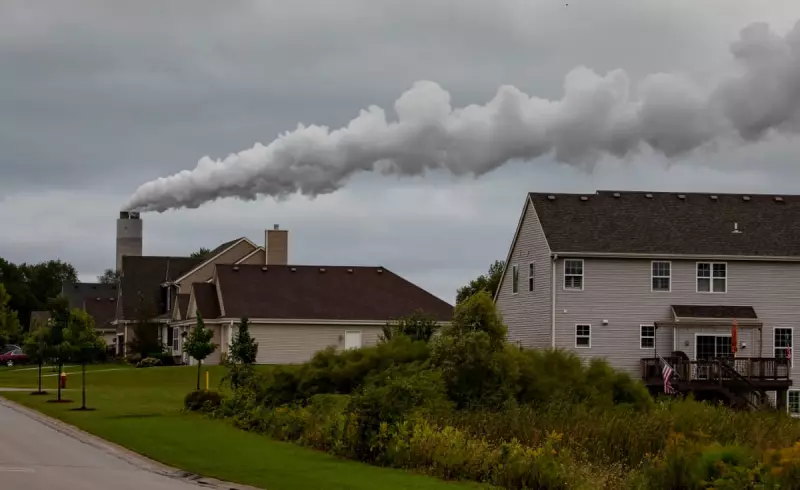
A coalition of young climate activists has launched a groundbreaking legal challenge against the state of Wisconsin, thrusting the American Midwest into the centre of a burgeoning environmental rights movement.
The lawsuit, filed this week, represents a direct assault on state policies that the plaintiffs argue actively promote fossil fuel use, thereby jeopardising their future and violating their constitutional rights. The case hinges on the state's 'public trust' doctrine, a legal principle asserting that the government must protect natural resources for current and future generations.
The Heart of the Legal Challenge
The young petitioners contend that Wisconsin's government has failed in its fundamental duty. They point to state laws that favour fossil fuel infrastructure and its continued financial support for fossil-fuel-based transit systems as evidence of a systemic failure to address the climate crisis.
"This case is about our future," one of the young plaintiffs was quoted as saying. "The state is making choices right now that will impact our lives and our health for decades to come, and we have a right to be protected."
A Pattern of Youth-Led Climate Litigation
This Wisconsin case is not an isolated event. It is part of a strategic, nationwide campaign orchestrated by the Oregon-based non-profit, Our Children's Trust, which has filed similar litigation across the United States.
The most notable success of this movement came in Montana last year, where young plaintiffs secured a historic victory. A judge ruled that the state's pro-fossil fuel policies violated their constitutional right to a clean environment, setting a powerful legal precedent that is now echoing in courtrooms from Wisconsin to Hawaii.
Wisconsin's Political Landscape and the Road Ahead
The lawsuit faces a complex battle in Wisconsin, a state known for its political battleground status. The legal outcome may hinge on judicial interpretation of the state's constitution and its existing environmental statutes.
Legal experts are watching closely, as a victory for the activists could force a significant overhaul of state energy policy, potentially mandating a rapid transition towards renewable energy sources and forcing the government to evaluate all future policies through a climate-impact lens.
This case underscores a growing global trend: young people are increasingly turning to the courts to demand urgent action on climate change, arguing that government inaction is an infringement upon their most basic rights.





